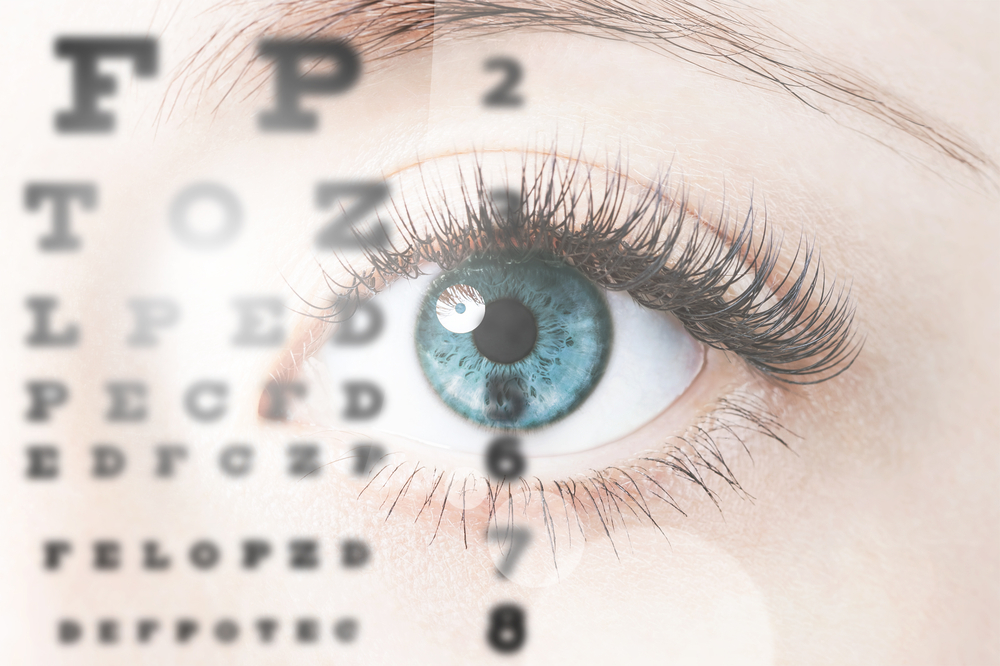#MSParis2017 – Ocrevus Improves Relapsing MS Patients’ Vision Better Than Interferon, Trials Show
Written by |

Genentech’s Ocrevus (ocrelizumab) improved the vision of people with relapsing multiple sclerosis better than the widely used therapy interferon beta-1a, according to clinical trial findings presented at the 7th Joint ECTRIMS-ACTRIMS Meeting in Paris.
Dr. Laura Balcer of the department of neurology at New York University made the presentation, titled “Effect of ocrelizumab vs that of interferon beta-1a on visual outcomes in patients with relapsing multiple sclerosis in the OPERA studies.” The conference, which started Oct. 25, runs until Oct. 28.
The OPERA I and OPERA II Phase 3 clinical trials of Ocrevus (NCT01247324 and NCT01412333) involved 1,656 MS patients. Eighty hundred twenty-seven received Ocrevus and 829 interferon. Three hundred seventy-five in the Ocrevus group and 373 in the interferon group had sight problems.
The studies looked at vision improvements in all of the patients and in those with visual impairment to begin with.
“Visual impairment is a common clinical manifestation of MS,” Balcer said. “In the OPERA studies, 45.2 percent of patients had visual involvement at baseline [the start of the trials].”
Researchers used a low-contrast letter acuity test to track patients’ vision over time. It measures how well a person can identify letters when the contrast between the background and the letter is low. Instead of using black letters on a white background, the charts use gray letters.
“These charts have been shown to be more sensitive than traditional visual acuity tests,” Balcer said. They “reflect axon loss, retina atrophy” and vision loss’s impact on patients’ quality of life, she said. Axons are nerve fibers, and retina are light-sensitive layers at the back of the eye.
When a patient can read seven additional letters over time, researchers consider it a meaningful improvement. But the trials also looked at the proportion of patients who were able to identify between five and 10 more letters after 12 weeks of treatment.
When researchers tested a contrast level of 2.5 percent — using medium-dark gray letters — in all of the patients, they discovered that the Ocrevus group’s improvement was significantly better than the interferon group’s. The difference was more pronounced in those who had visual impairment before the study began.
Thirty-two percent of all of the Ocrevus-treated patients were able to identify at least seven more letters after 12 weeks of treatment, versus 27 percent in the interferon group.
Among those with vision problems before the trials started, the figures were 36 percent of the Ocrevus group and 26 percent in the interferon group.
“Low-contrast letter acuity as an exploratory outcome in the OPERA trials was able to capture the treatment benefit of ocrelizumab vs interferon on visual outcomes,” Balcer said.
“The association of low-contrast letter acuity with other metrics of disease activity and progression” — for example, MS relapses — “is under further investigation,” she added.


